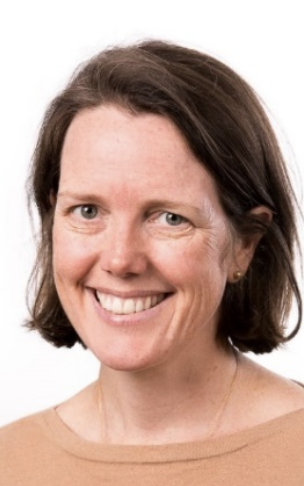Sheena Sullivan is an infectious diseases epidemiologist with a PhD from UCLA (2011). Her work focusses on valid estimation of vaccine effectiveness and the underlying immunological mechanisms that influence it. From 2011-2023 she led the Epidemiology group at the at the WHO Collaborating Centre for Reference and Research on Influenza in Melbourne. There, she contributed to the strategic selection of influenza viruses to inform vaccine formulation updates, including assessment of influenza vaccine effectiveness (VE), and provided updates on influenza virological surveillance and VE to government, including Australia’s NITAG and in her role on the National Influenza Surveillance Committee. She has led or been co-investigator for several sero-epidemiological cohort studies to characterise responses to influenza infection and vaccination, with a special interest in how repeated vaccination harms antibody breadth.
She continues to work with the Australian Sentinel Practices Research Network (University of Adelaide) and Influenza Complications Alert Network (Monash University), to provide annual estimates of influenza, SARS-CoV-2 and RSV vaccine effectiveness for Australia. She has served on a number of WHO working groups and provides ongoing technical support to WHO member states for the estimation of influenza burden, and the effectiveness and impact of influenza vaccines. She has authored and co-authored nearly 200 publications in high impact journals such as Lancet Respiratory Medicine and NPJ Vaccines and has been awarded grants totalling >$6million.
Sheena has been a council member with ISRV since 2022. She is an Associate Editor for the Society’s journal, Influenza and Other Respiratory Viruses and was public health co-chair for the Scientific Organizing Committees for Options meetings in Belfast (2022) and Brisbane (2024). Sheena brings a unique perspective to Council having worked for many years as an epidemiologist in a WHO influenza reference laboratory where she gained a thorough understanding of both epidemiologic and virologic influenza surveillance, especially as it contributes to vaccine decision-making. Moreover, she brings diverse experience to the Council, having worked in academia and government, and consulted for industry and the WHO. She wishes to continue serving on Council to contribute to the strategic direction of the Society, including organization of the educational and conference activities it offers. Coming years will be particularly interesting as the Society broadens its scope to include other respiratory viruses and new vaccine enter the market.

